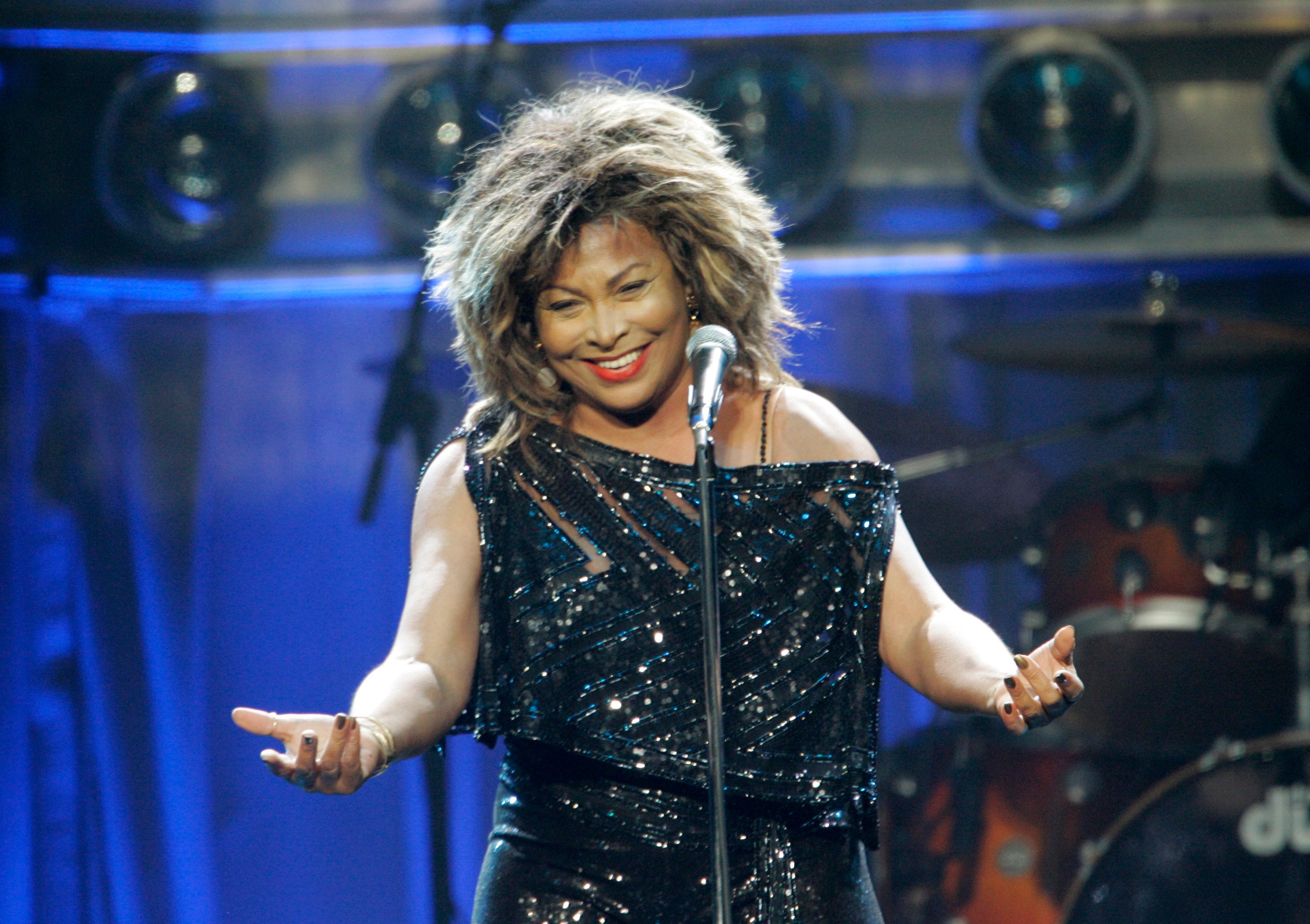Recent rock star deaths are making baby boomers consider their own mortality
A generation which had always measured its life against its music heroes is now having to come to terms with its own old age, writes David Lister


In an interview a couple of weeks ago, the great US singer/songwriter Paul Simon became unusually maudlin. Reflecting on the recent death of folk singer Gordon Lightfoot, and the passing of other friends, he said: “Time’s up for my generation.”
He is not alone in being maudlin. Recent music industry deaths have quietly, almost invisibly, traumatised the baby boomer generation. Tina Turner was the most recent to leave us. But before her David Crosby of Crosby, Stills and Nash passed, and before him Christine McVie of Fleetwood Mac. A number of baby boomers I spoke to after McVie’s unexpected death were more sad and more shocked than one would expect. A part of the soundtrack to their lives had gone, and it just wasn’t meant to happen.
Of course, rock stars had always met untimely ends. But that was the point. They were untimely. Brian Jones of The Rolling Stones, Jim Morrison of The Doors and Janis Joplin were all known as part of the 27 club, dying of drugs or drink at that ridiculously early age. John Lennon was shot. David Bowie and George Harrison had health conditions, and died well before their time.
But the latest spate of rock star deaths is different. They are now dying of old age. Tina Turner’s death certificate said she died of “natural causes”, not a phrase much seen on death certificates of rock stars in the past. Christine McVie died of a stroke and suffered from metastatic cancer. Gordon Lightfoot died in May at the age of 84, also of natural causes.
These are deaths not associated with wild lifestyles but with old age, just as in 2016 Leonard Cohen died at the age of 82 in his sleep after a fall in his home. They are not what we used to think of as rock’n’roll deaths. And a generation which had always measured its life against its music heroes, is now having to come to terms with its own old age, as they are being graphically reminded by those same music heroes.
Not all, of course. The likes of Paul McCartney, Bob Dylan and The Rolling Stones look set to go on and on, though the Stones had to contend with the totally unforeseen loss of drummer and founder member Charlie Watts. But boomers will be uneasily aware that not all the Sixties generation has the good health and fitness – and luck – of McCartney, Dylan and Jagger. Neil Diamond has given up touring since contracting Parkinson’s disease. Paul Simon has hearing problems and has also given up live performance.
And that is another thing the baby boomers have to come to terms with. Slowly, the great gigs by their heroes will be drawing to a close. Mick Jagger can, amazingly, move like Jagger and dance like crazy at almost 80, but he won’t be able to at almost 90. Even the hardiest survivors of rock’s golden age will have to give up soon.
I have discussed this with both Paul McCartney and Mick Jagger. When I interviewed McCartney a few years ago, I asked him if he still rubbed his eyes at the fact that he was still doing live shows.
“I do,” he replied. “I didn’t foresee it. In The Beatles, we always said 10 years. But it kept on and kept on and it kept being good and we seemed to be the people who could do it. Now there is a great young generation of people who can also do it, but it tends to be that the people packing them in are the people who have the material, have hits, songs people know, and I think that’s important. I think they have stagecraft, they have an ability with an audience.”
I discussed the same topic with Mick Jagger. He too said The Rolling Stones intended to carry on, though he did make one concession to age by adding the words “health permitting”. That conversation took place before Charlie Watts’s death, a potent reminder that “health issues” will now determine the future of the stars and the baby boomer fans.
And so will introspection about death and mortality. Paul Simon’s new album (he can still record, though not tour) is for the first time heavily about religion, God and mortality. In that, he probably remains a spokesman for the increasingly introspective baby boomers.



Join our commenting forum
Join thought-provoking conversations, follow other Independent readers and see their replies
Comments